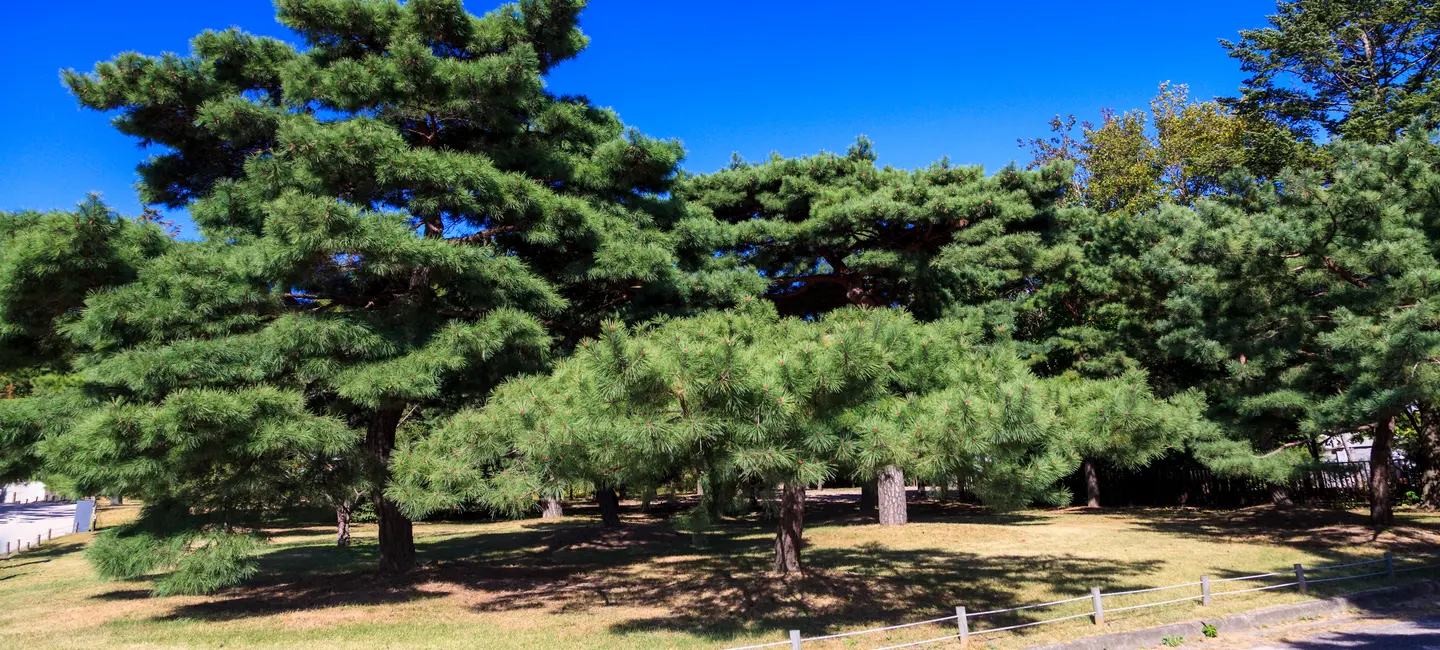
Korean pine is a tree that grows in parts of Asia. The nuts of Korean pine are eaten as a food. The nuts, needles, bark, and resin are used as medicine.
Korean pine is used for earaches, nosebleeds, to increase milk production during breastfeeding, weight loss, and other conditions, but there is no good scientific evidence to support these uses.
Is It Effective?
NatMed Pro rates effectiveness based on scientific evidence according to the following scale: Effective, Likely Effective, Possibly Effective, Possibly Ineffective, Likely Ineffective, Ineffective, and Insufficient Evidence to Rate.
- Abnormal levels of cholesterol or blood fats (dyslipidemia). Early research shows that Korean pine needle extract doesn't improve levels of blood fats in people with borderline dyslipidemia.
- Obesity.
- Earaches.
- Nosebleeds.
- Increasing milk production during breast-feeding.
- Parasites.
- Burns.
- Wound healing.
- Other conditions.
More evidence is needed to rate the effectiveness of Korean pine for these uses.
Is it Safe?
When taken by mouth: There isn't enough reliable information to know if Korean pine is safe. Korean pine nut might cause allergic reactions in some people.
Special Precautions & Warnings:
Pregnancy and breast-feeding: There isn't enough reliable information to know if Korean pine is safe to use when pregnant or breast-feeding. Stay on the safe side and avoid use.
Allergy to pine and related plants: Korean pine nut might cause allergic reactions in some people. People who are sensitive to pine trees should avoid Korean pine nut.
Medications for high blood pressure (Antihypertensive drugs)
Interaction Rating=Moderate Be cautious with this combination.
Korean pine nut oil might decrease blood pressure. Taking it along with medications for high blood pressure might cause your blood pressure to go too low.
Some medications for high blood pressure include captopril (Capoten), enalapril (Vasotec), losartan (Cozaar), valsartan (Diovan), diltiazem (Cardizem), Amlodipine (Norvasc), hydrochlorothiazide (HydroDiuril), furosemide (Lasix), and many others.
Herbs and supplements that might lower blood pressure: Korean pine nut oil might lower blood pressure. Using it along with other herbs or supplements that might also lower blood pressure could lead to blood pressure that is too low. Some of these products include andrographis, casein peptides, cat's claw, coenzyme Q10, fish oil, L-arginine, lycium, stinging nettle, theanine, and others.
There are no known interactions with foods.
The appropriate dose of Korean pine depends on several factors such as the user's age, health, and several other conditions. At this time there is not enough scientific information to determine an appropriate range of doses for Korean pine. Keep in mind that natural products are not always necessarily safe and dosages can be important. Be sure to follow relevant directions on product labels and consult your pharmacist or physician or other healthcare professional before using.
Borovica Kórejská, Borovice Korejská, Chinese Pinenut, Chosen Goyo, Chosen Matsu, Hong Song, Jatnamu, Korea Kiefer, Koreafyr, Koreai Fenyõ, Korean Nut Pine, Korean Pine Nut, Koreansembra, Koreatall, Kóreufura, Pi de Corea, Pin de Corée, Pino de Corea, Pinus koraiensis, Sosna Koreanska.
Information on this website is for informational use only and is not intended to replace professional medical advice, diagnosis, or treatment. While evidence-based, it is not guaranteed to be error-free and is not intended to meet any particular user’s needs or requirements or to cover all possible uses, safety concerns, interactions, outcomes, or adverse effects. Always check with your doctor or other medical professional before making healthcare decisions (including taking any medication) and do not delay or disregard seeking medical advice or treatment based on any information displayed on this website.
© TRC Healthcare 2024. All rights reserved. Use and/or distribution is permitted only pursuant to a valid license or other permission from TRC Healthcare.
